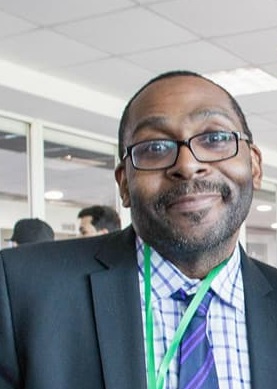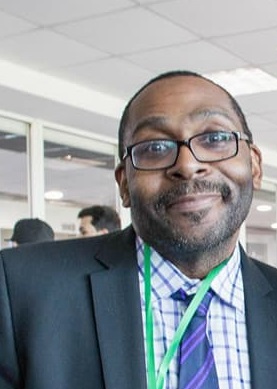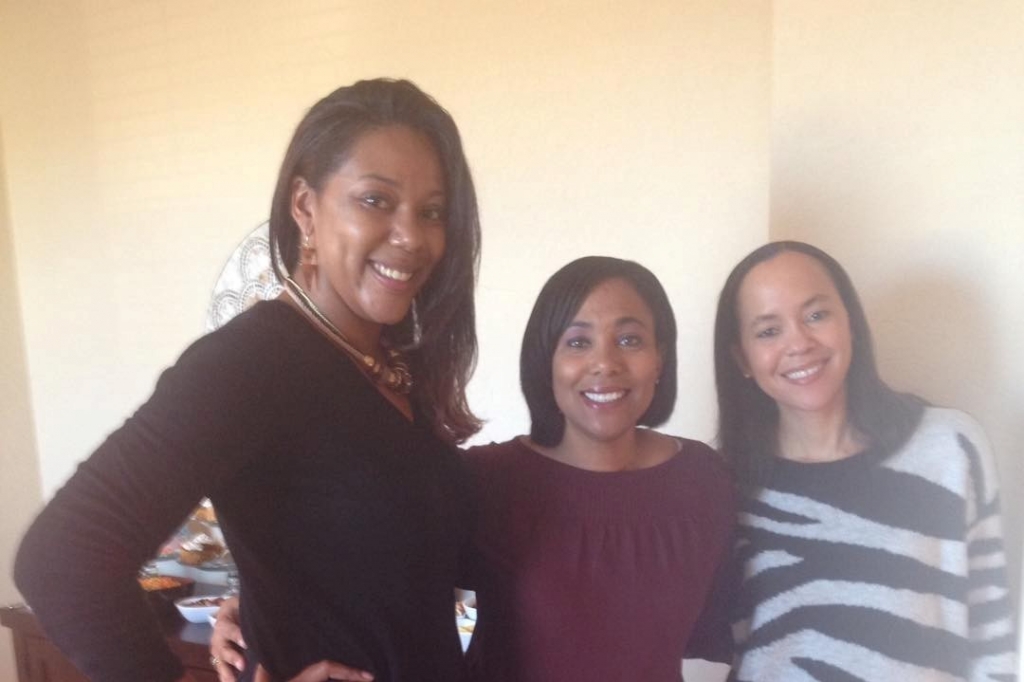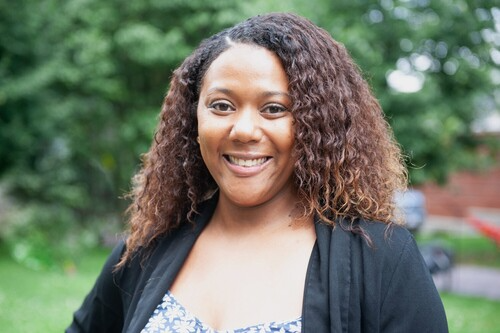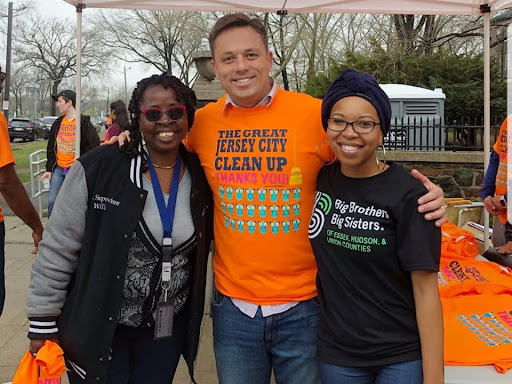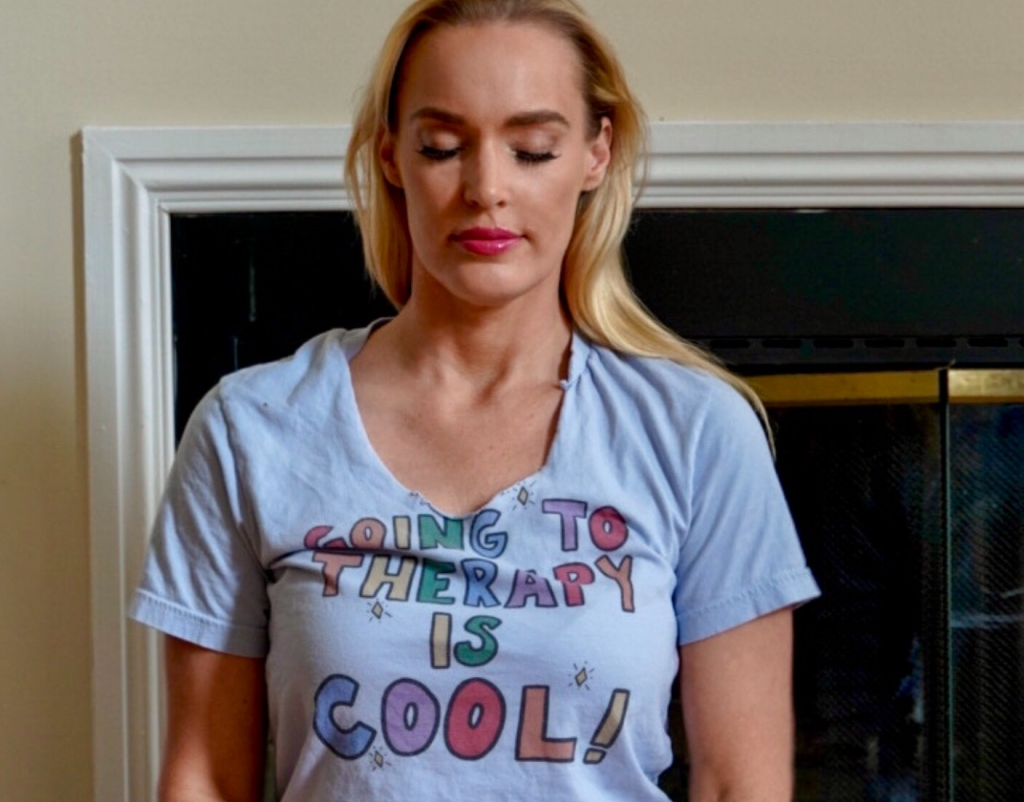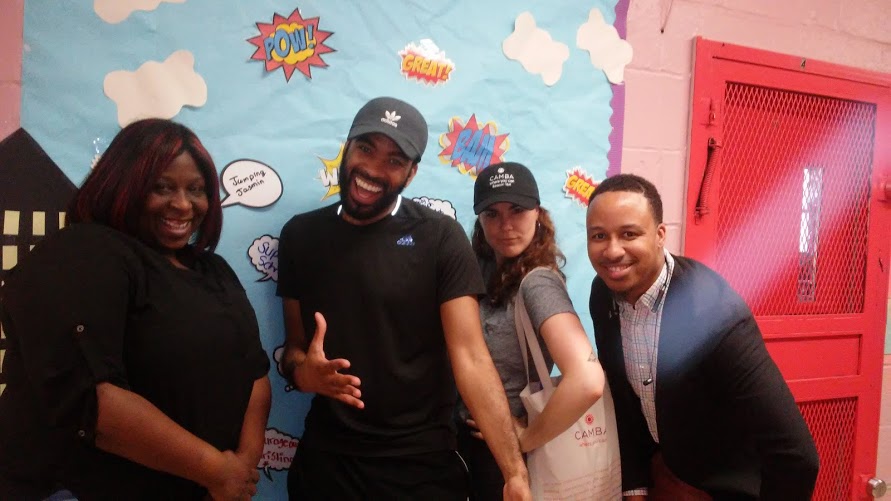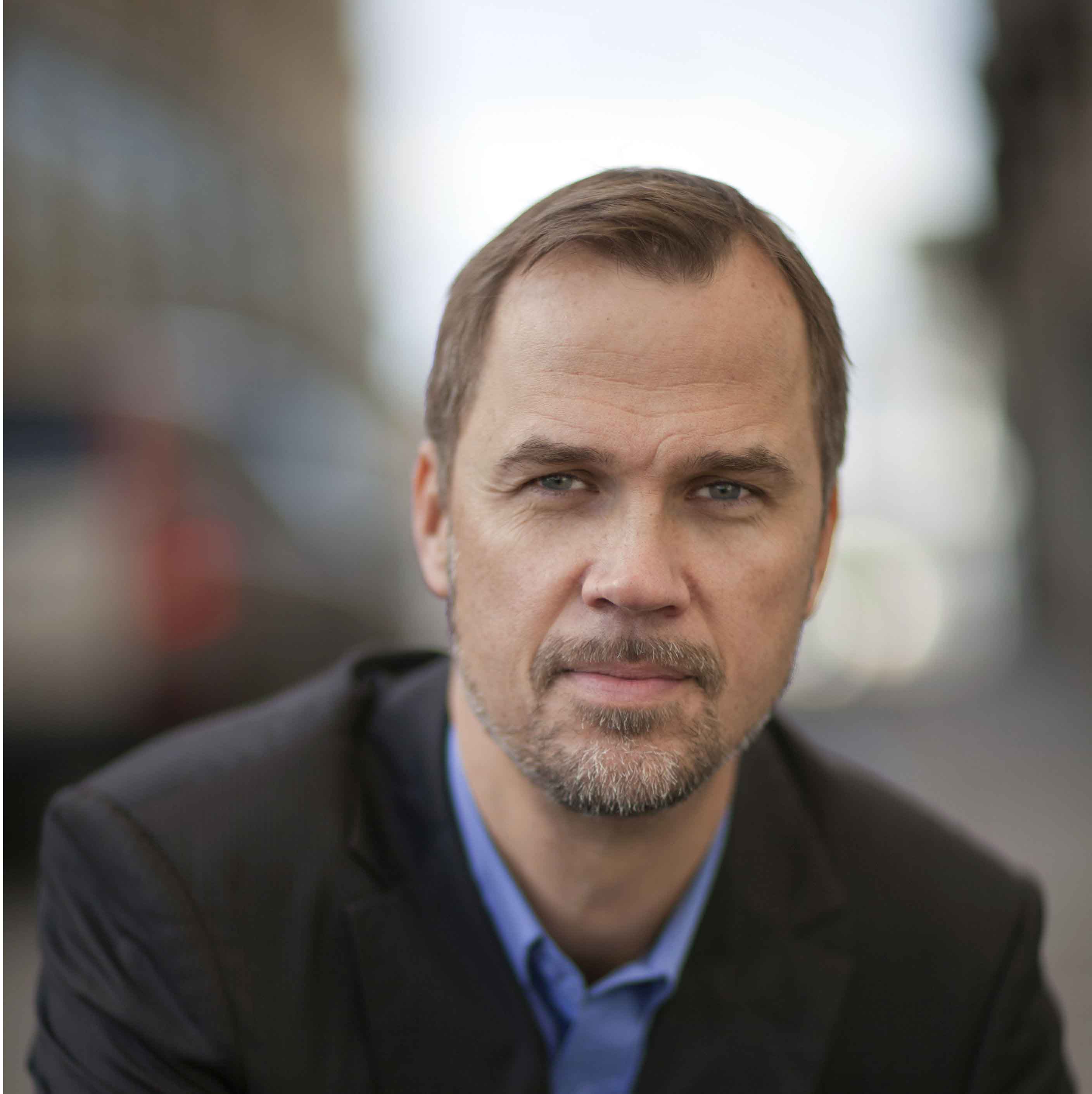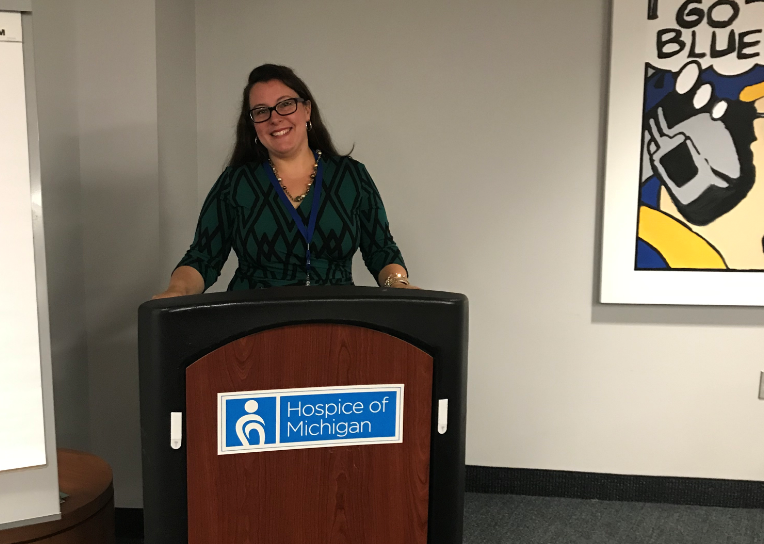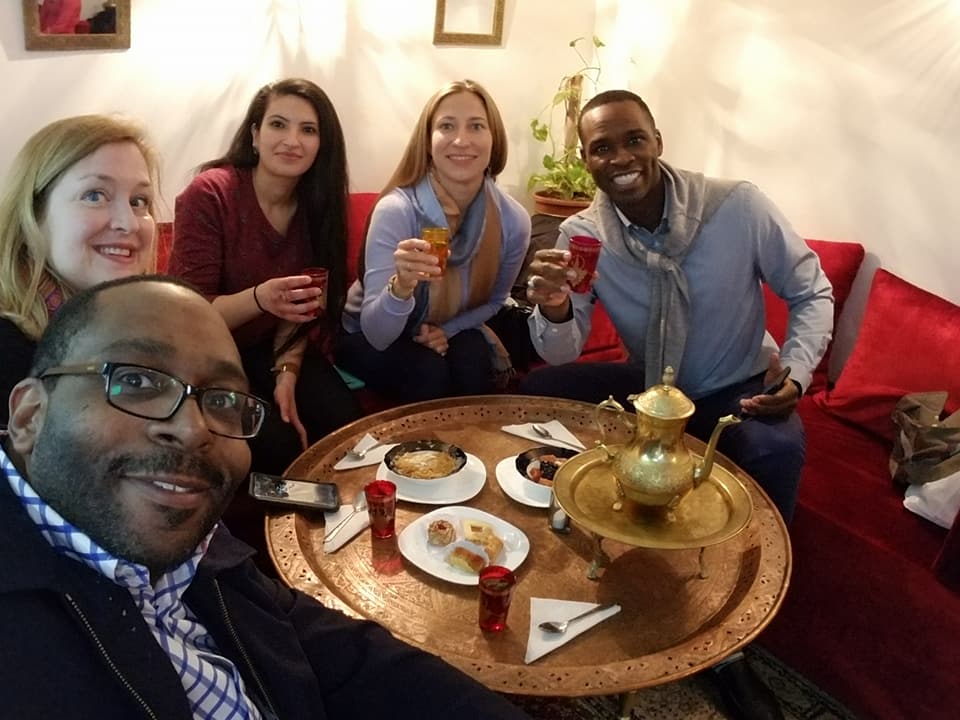
I have been blessed to be the recipient of some unbelievable opportunities as a social purpose Leader. Each opportunity seems to lead to the next – reminding me to stay open to the phenomenal people and extraordinary organizations I encounter.
That’s how last March I found myself in Algiers, standing before a room full of young Algerian activists from diverse backgrounds, engaging in a robust discussion of leadership and leadership development, including the “trait theory”—which holds that that leaders have certain innate traits that enable them to lead—and why we as leaders should understand it.
“As the new generation of leaders, we have to set the standards for who we define as leaders,” I told the group. We have the power to change assumptions about who can be a leader and why.
Every Opportunity to Lead is an Opportunity to Learn
As I’ve continued to develop as a leader and advocate in the social purpose sector, one of the passions I’ve found is teaching. In addition to serving as Chief Operating Officer in my current organization, Fair Chance DC, I recently started teaching Nonprofit Law as an Adjunct Law Professor at Michigan State University College of Law. This has expanded my leadership platform, letting me infuse the love and passion I have for the sector into a new generation and audience.
It has also helped me keep learning, in ways large and small.
Through my work, I connected with Legacy International, a wonderful organization that trains and mentors community leaders, young people, professionals, and governmental and NGO administrators to help them develop practical, community-based solutions to critical issues. Legacy helped lead me to my time in Algeria.
I was in Algeria as part of a delegation sponsored by the U.S. Department of State, Legacy International and World Learning. I was there to speak at two conferences: the IEC Conference in Algiers, a one-day event for professional and graduate-level social purpose leaders and activists from around the country, and the ExperTease SHIFT Conference in Oran, designed to equip undergraduate social purpose leaders to promote soft skills and critical-thinking mindsets among Algerian youth.
Due to the different age groups, each discussion had its own take on leadership, which brought a great richness and great depth to the conversation.
My goal was to speak to each group about “Leadership Development: Developing Competencies of Results-Based Leadership.” For me, results-based leadership (RBL) is the process designed to create an immediate and long-term quantitative difference in the productivity and profitability of an organization. RBL targets each level of management and leadership in your organization and provides the necessary skills and training to increase improvements in performance across the organization. It forces leaders to adapt our leadership styles according to the situation and the state of our teams. Or, put another way, to hone our emotional intelligence and be better leaders.
As the social sector moves more toward an outcome- or metric-based approach, which I support, I believe that the emotional intelligence component is critical to the success of this model and for successful organizational and leadership development.
Moving Forward Together
In Algeria, the professor in me was elated by the students’ electric energy and our wide-ranging discussions—and the emotional intelligence they displayed as we discussed the differences between “assigned vs. emergent” leadership, and the age-old leadership question, “Are Leaders born or made?”
I was encouraged by the great work being done by social activists in Algeria. Two examples in particular stand out. One of the young students, Hamza Berrouane, has started an “Entrepreneurship Camp.” His program, a three-day intensive course that uses experts and successful entrepreneurs as trainers, aims to provide pre-launch entrepreneurs with a strong foundation for business planning, launch and startup operation. The camp incorporates a variety of educational training techniques including classroom instructions and interactive activities. He is even looking at incorporating a “mobile model” to reach those smaller cities. Hamza’s model is introducing social entrepreneurship to the Algerian youth NGO community as well.
Another young student, Oussama Ghaia, from Touggourt, in Ouargla Province in the Sahara, used his background in computer science to provide a campaign focused on safety awareness for kids and communities using the Internet. Oussama trains and builds awareness among parents, school officials, and community members about the dangers of cyberspace, and equips them with tools and sufficient knowledge in this age of rapid technological transformation.
As they go forward in their leadership journey, I hope both Hamza and Oussama and their peers will take some of our discussion with them. I know I will.
I left these conferences more energized than ever. I know that my journey as a “social purpose catalyst” has just begun—not just for young social purpose leaders here in the United States, but internationally as well.
I’m grateful for the support and connections that I continue to make along my own leadership journey—from the American Express Leadership Academy to Legacy International, to every conversation I am fortunate to have with a young leader.
Who knows where my social purpose leadership journey will take me? I don’t have the answers, but I’m eager to find out.

